Potassium Power: Unlocking Plant Potential with Everyday Food Scraps
Introduction
Why is potassium so crucial in gardening, and can we source it from our kitchen scraps? This blog explores the pivotal role of potassium in plant health and how various common household scraps can provide this essential nutrient.
The Role of Potassium in Plant Health
What does potassium do for plants? Potassium plays a vital role in water uptake, enzyme activation, photosynthesis, and disease resistance. It’s crucial for the overall growth and health of the plant.
Symptoms of Potassium Deficiency
How can you tell if a plant is potassium deficient? Look for signs like yellowing leaves, brown edges, and weak stems. Here are some images showing potassium deficiency symptoms in plants.
Alternative Sources of Potassium in Kitchen Scraps
What other kitchen scraps are rich in potassium besides banana peels?
Potato Skins
Potato skins are a great source of potassium. Composting them or making a nutrient-rich tea can benefit your plants greatly.
Citrus Peels
Like banana peels, citrus peels (from oranges, lemons) are high in potassium. They can be dried and ground into a powder for a slow-release fertilizer.
Coffee Grounds
Coffee grounds contain a good amount of potassium and can be mixed into the soil or compost for a nutrient boost.
Eggshells
While known for their calcium, eggshells also have potassium. Crushed eggshells can be sprinkled around the plant base for added nutrients.
How to Use These Scraps as Fertilizers
How can these potassium-rich scraps be converted into effective fertilizers?
Composting
Add these scraps to your compost pile. As they break down, they enrich the compost with potassium, making it an excellent natural fertilizer for your plants.
Nutrient Teas
Soak the scraps in water to create a potassium-rich tea. This can be used to water plants, providing them with a quick nutrient boost.
Direct Application
Some scraps, like crushed eggshells or coffee grounds, can be directly applied to the soil around the plants for a slow release of potassium.
The Environmental Impact
Why is using kitchen scraps for potassium important for the environment? Utilizing kitchen scraps reduces waste and supports sustainable gardening practices, lessening our carbon footprint.
Conclusion
Potassium is a key nutrient in plant health, and your kitchen holds several natural sources. By repurposing food scraps, not only do you nourish your plants, but you also contribute to a healthier planet.
Explore more about sustainable gardening practices in our other guides and blog posts.

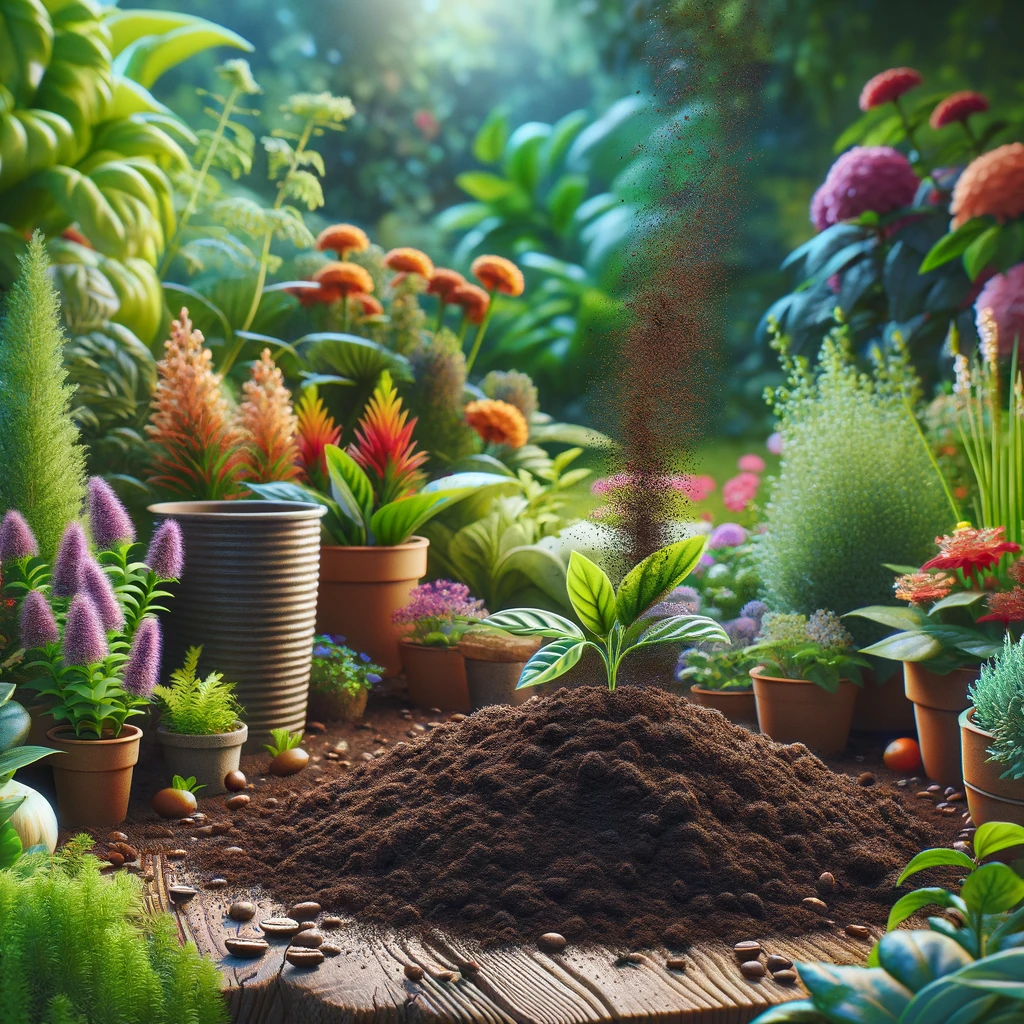
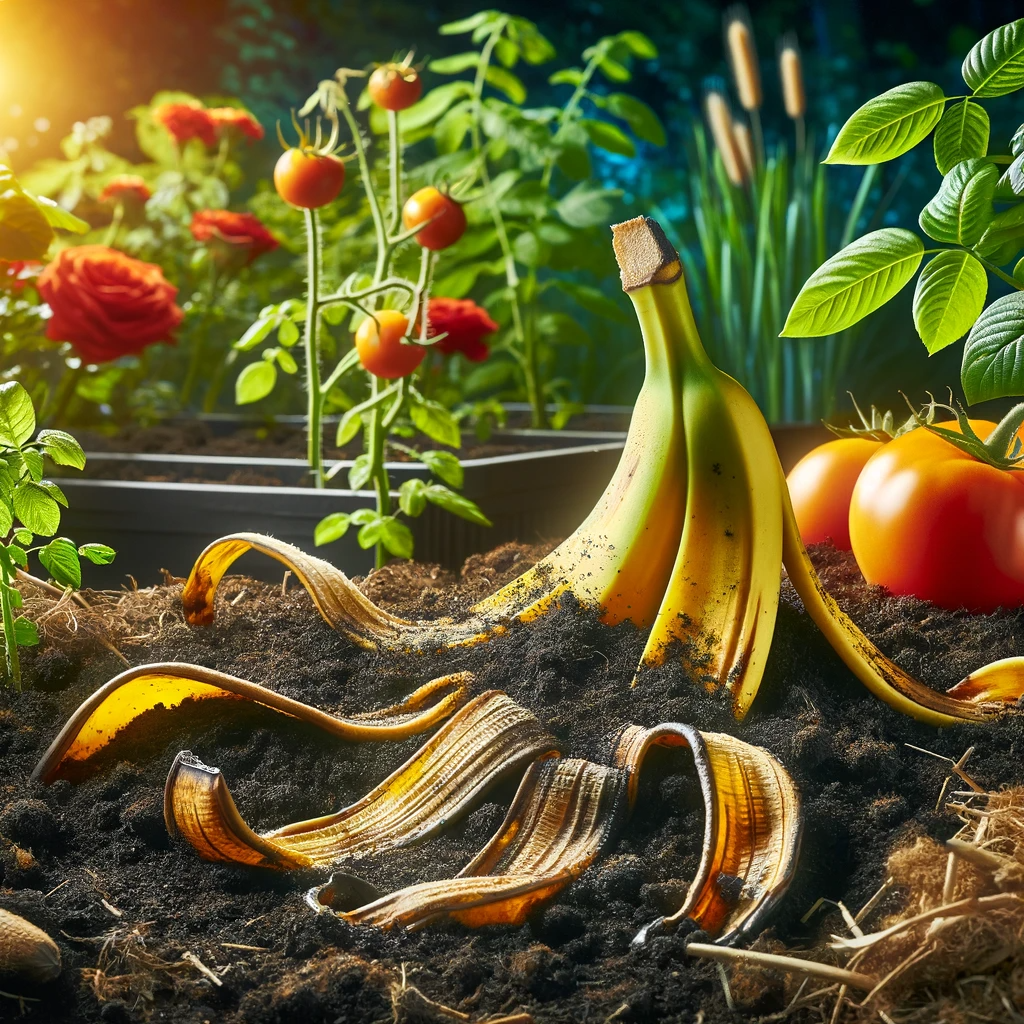
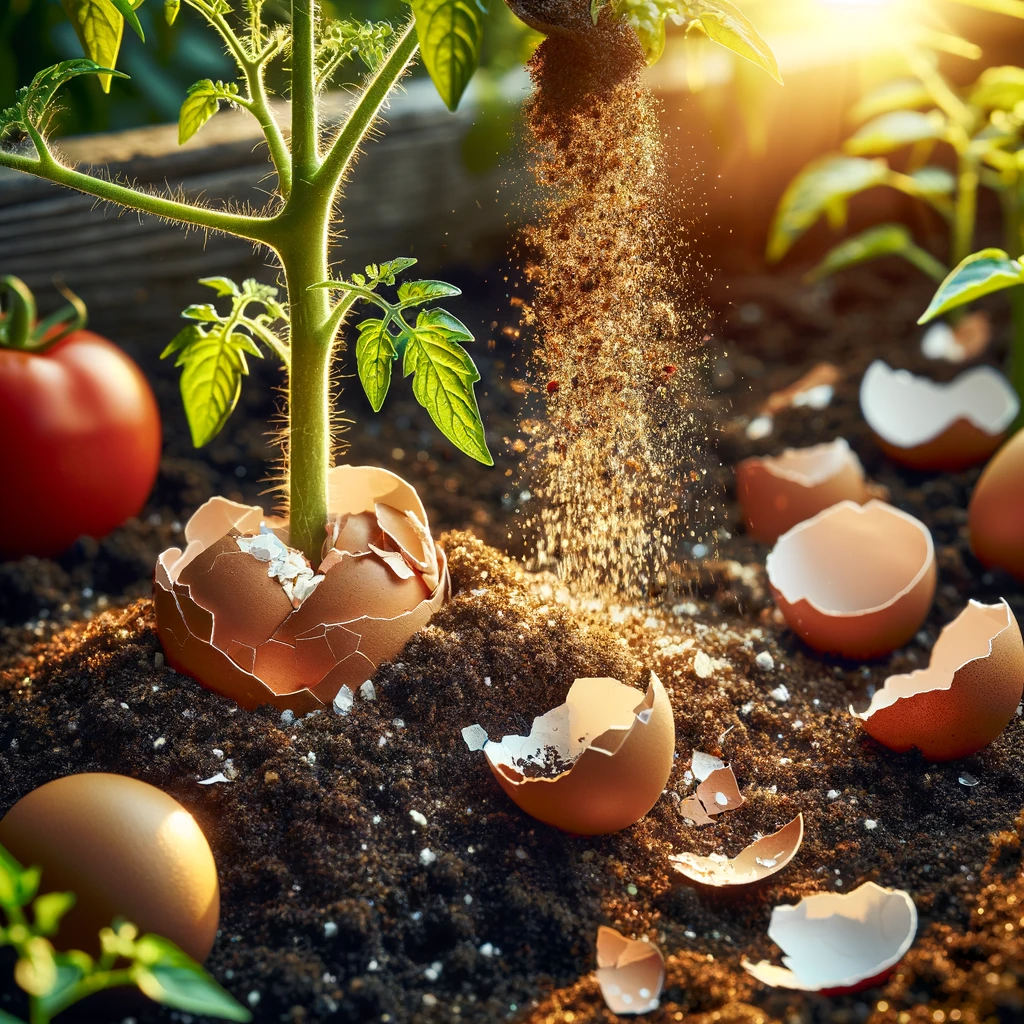
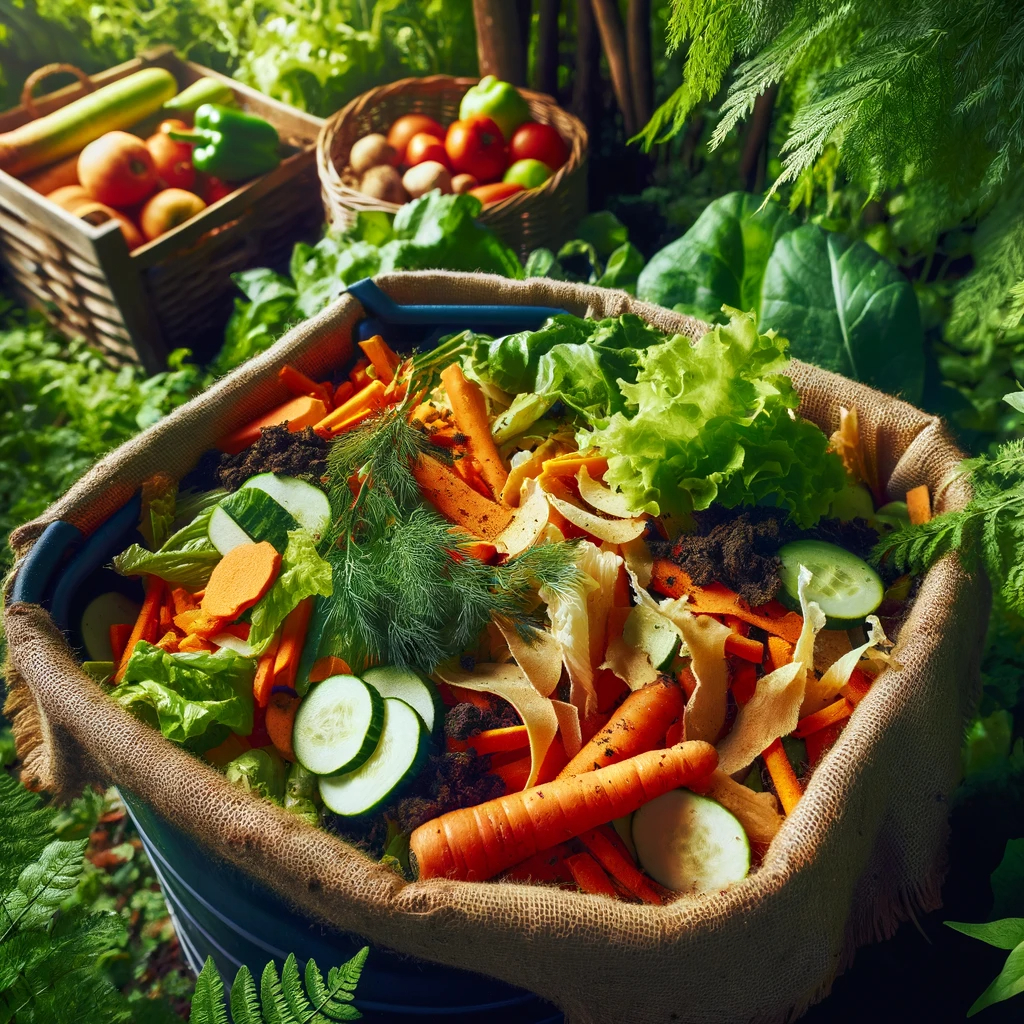
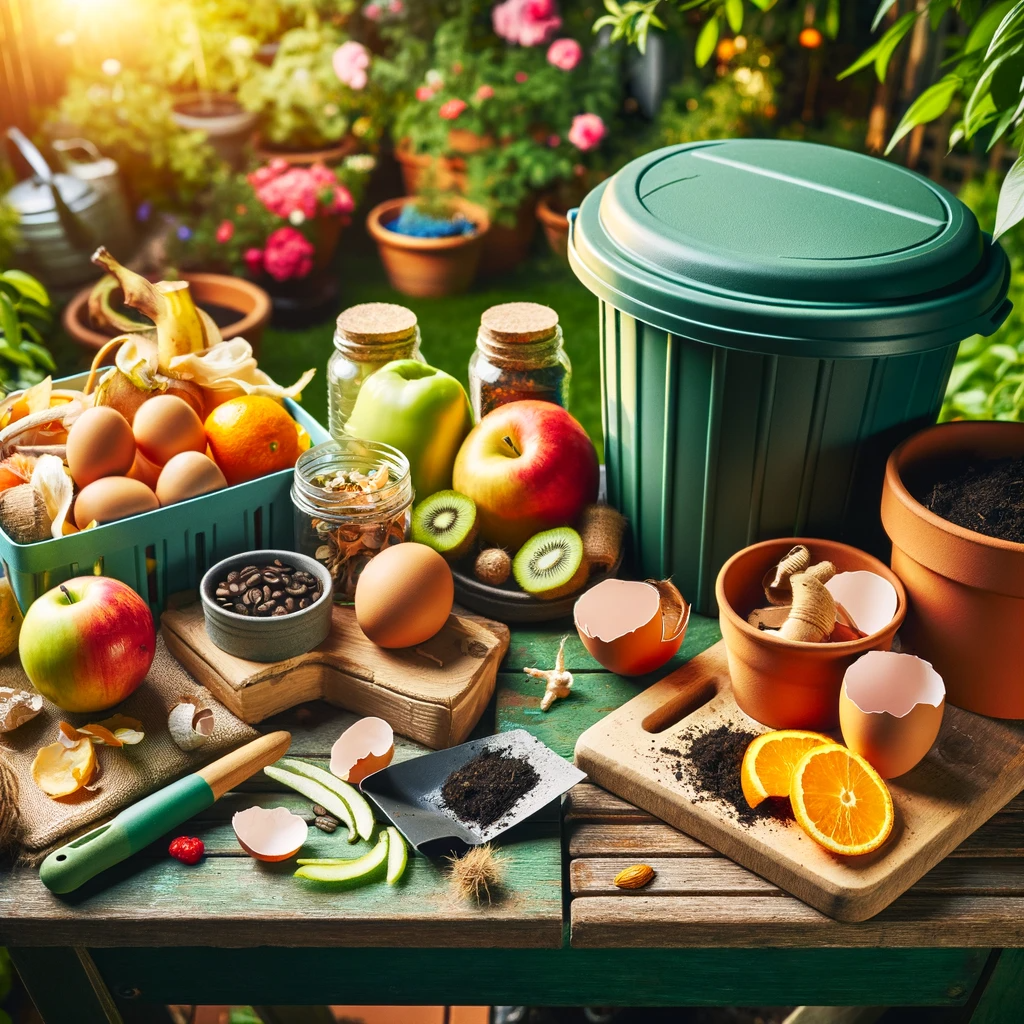
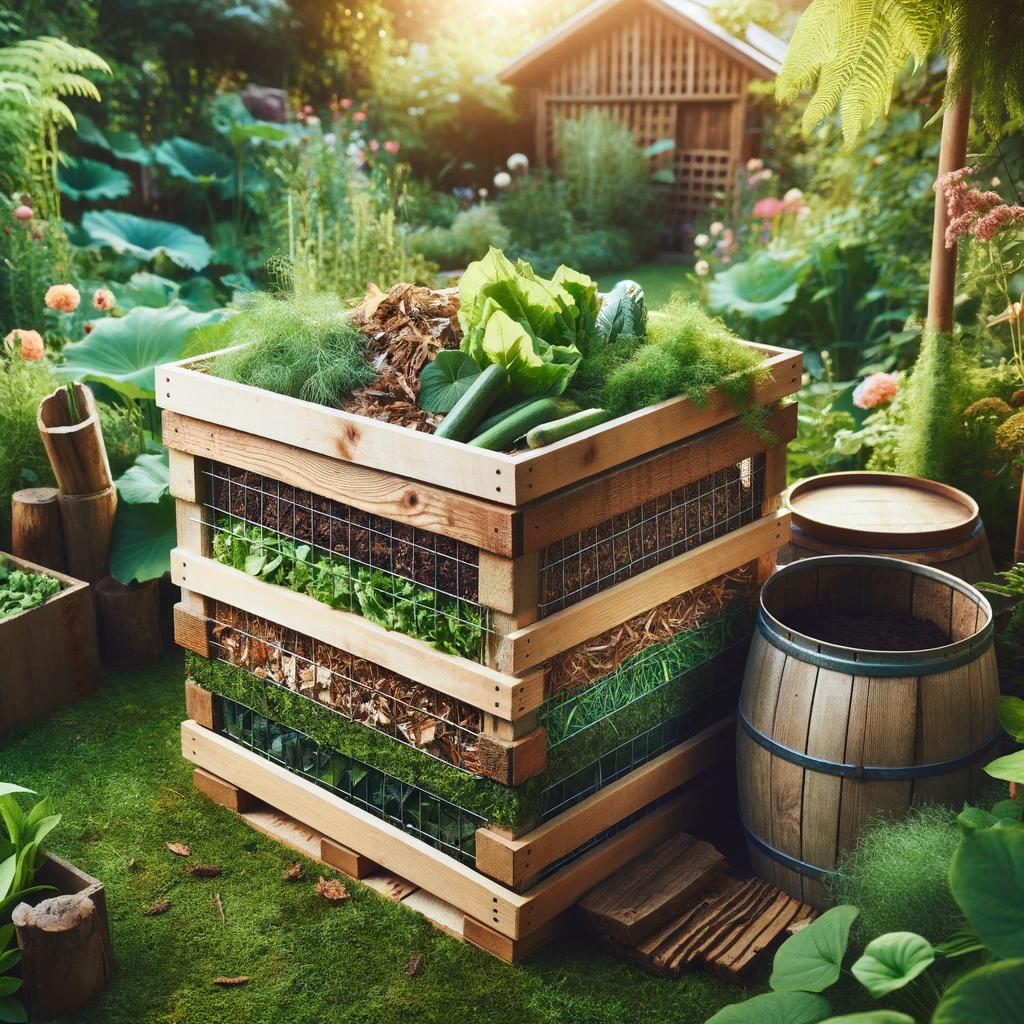
Pingback: The Ultimate Guide to Home Composting
Pingback: How to Compost Banana Peels?